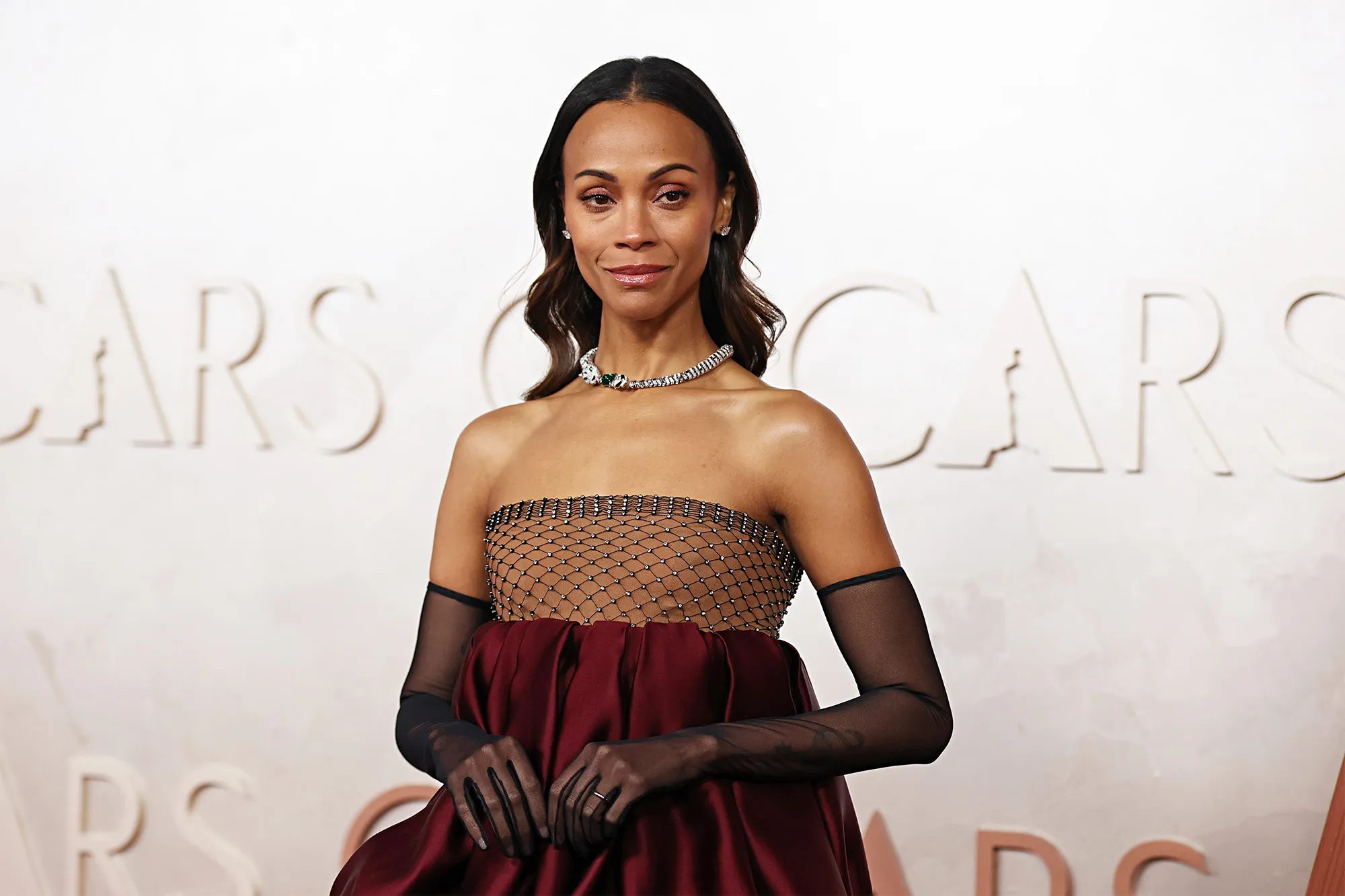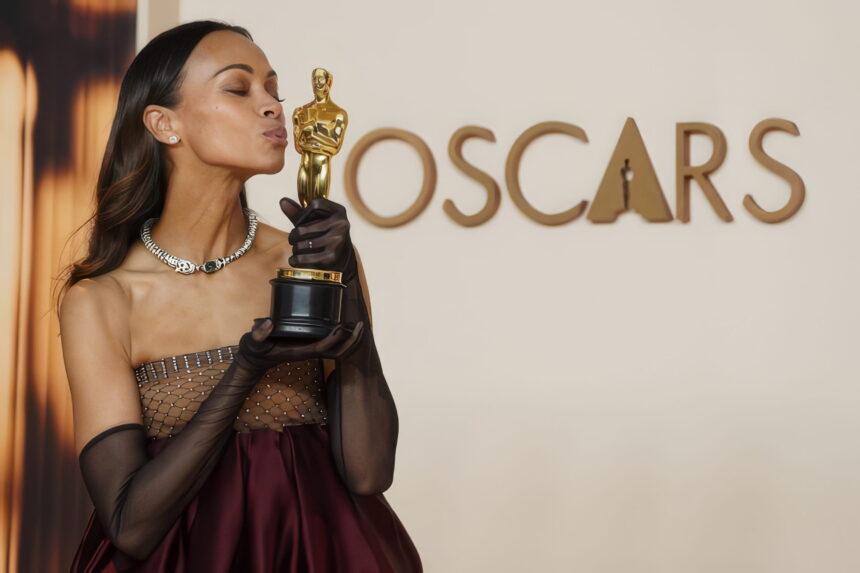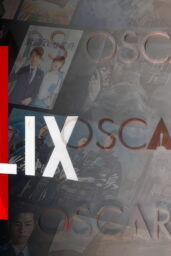In the glitz and glamour of the 2025 Oscars, Zoe Saldaña's victory as Best Supporting Actress for her role in ‘Emilia Pérez' was both a personal triumph and a focal point for broader cultural discussions. The film, embroiled in controversy, has ignited debates on representation, authenticity, and artistic responsibility.
The Heart of the Controversy:
‘Emilia Pérez,' directed by French filmmaker Jacques Audiard, tells the story of four women navigating systemic oppression. However, the film faced criticism for its portrayal of Mexican culture and the casting choices for its lead roles. Audiard admitted to not deeply researching Mexican culture before making the movie, leading to perceptions of insensitivity.
Further fueling the controversy were past social media comments by lead actress Karla Sofía Gascón, which were deemed racist and Islamophobic. These revelations led to public backlash, with Netflix distancing itself from Gascón during the awards campaign.

Saldaña's Response:
In the Oscars press room, a Mexican journalist described ‘Emilia Pérez' as “really hurtful for us Mexicans.” Saldaña expressed regret that many Mexicans felt offended, stating, “That was never our intention. We spoke from a place of love.” She emphasized that the film's focus was on universal themes of women's struggles against systemic oppression, rather than a specific cultural depiction. Saldaña also expressed willingness to engage in dialogue with the Mexican community to discuss how the film could have been better executed.
Industry Reactions:
The controversy surrounding ‘Emilia Pérez' has sparked broader discussions within the film industry about cultural representation and the responsibilities of filmmakers. Critics have highlighted the importance of authentic storytelling, especially when portraying marginalized communities. The film's journey underscores the need for thorough cultural research and sensitivity in filmmaking.
‘Emilia Pérez' serves as a poignant reminder of the complexities inherent in storytelling across cultures. While the film aimed to shed light on universal themes, the backlash highlights the necessity for filmmakers to approach cultural narratives with authenticity and respect. Saldaña's openness to dialogue is commendable and paves the way for constructive conversations about representation in cinema.
Engage Readers with a Question:
How do you think filmmakers can balance artistic vision with cultural sensitivity in storytelling?












